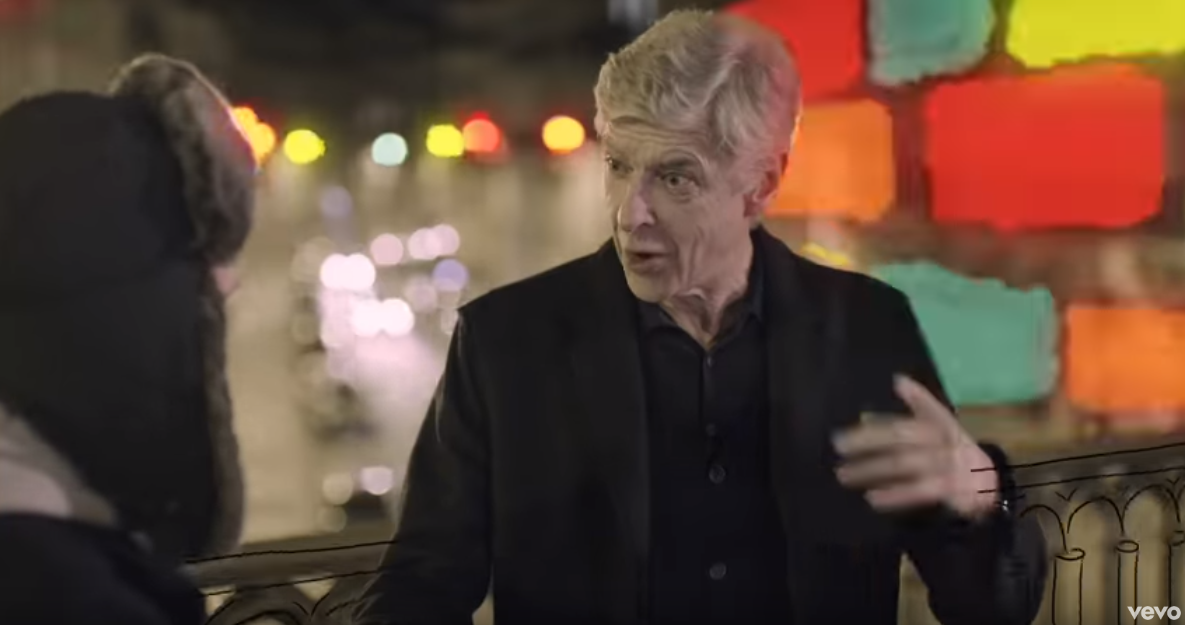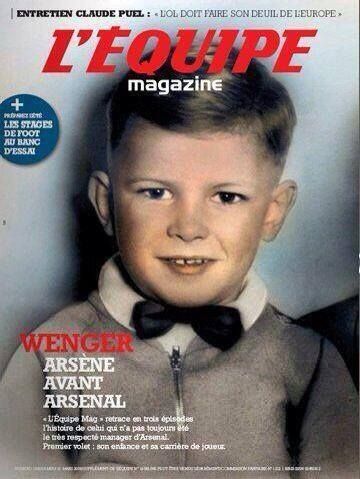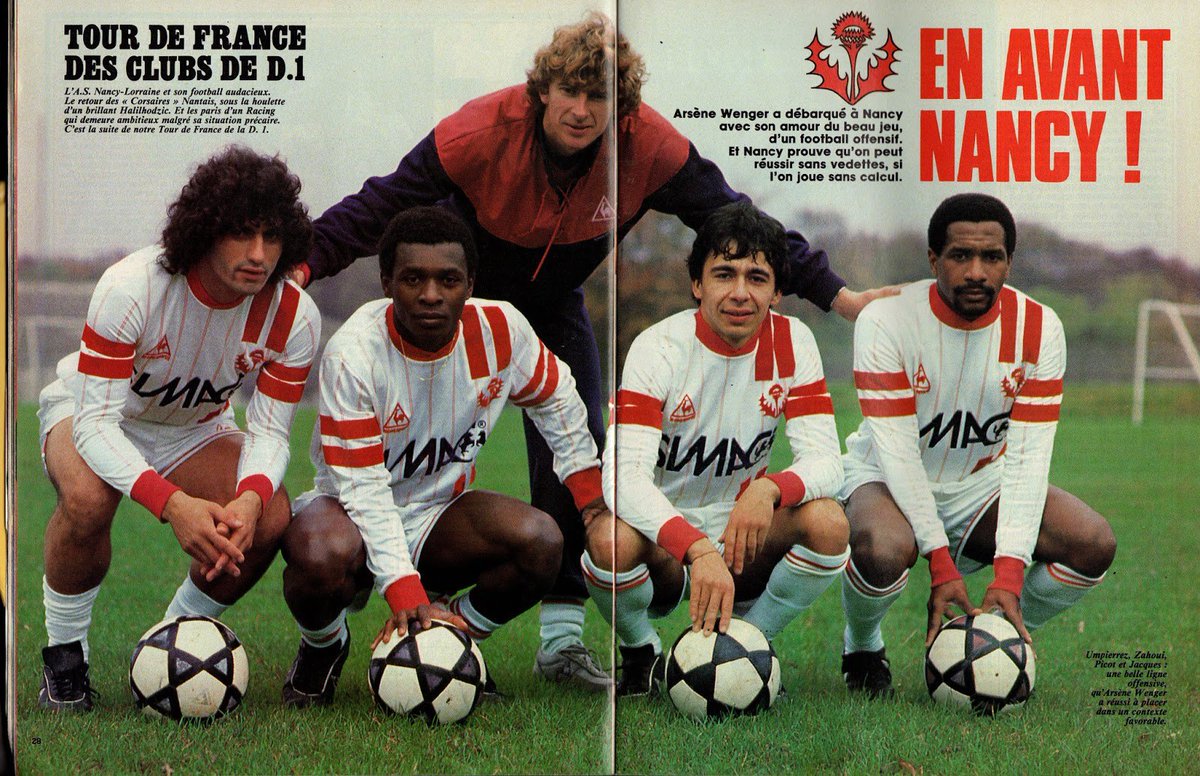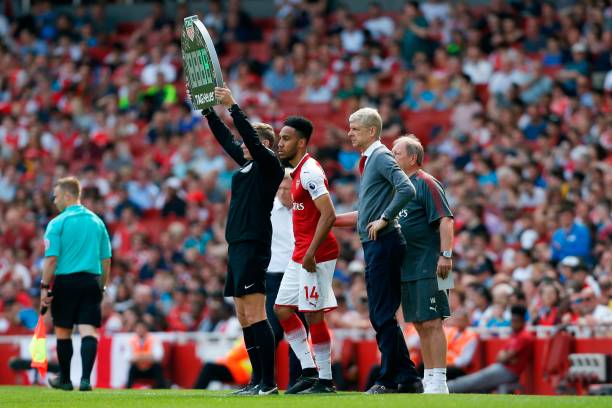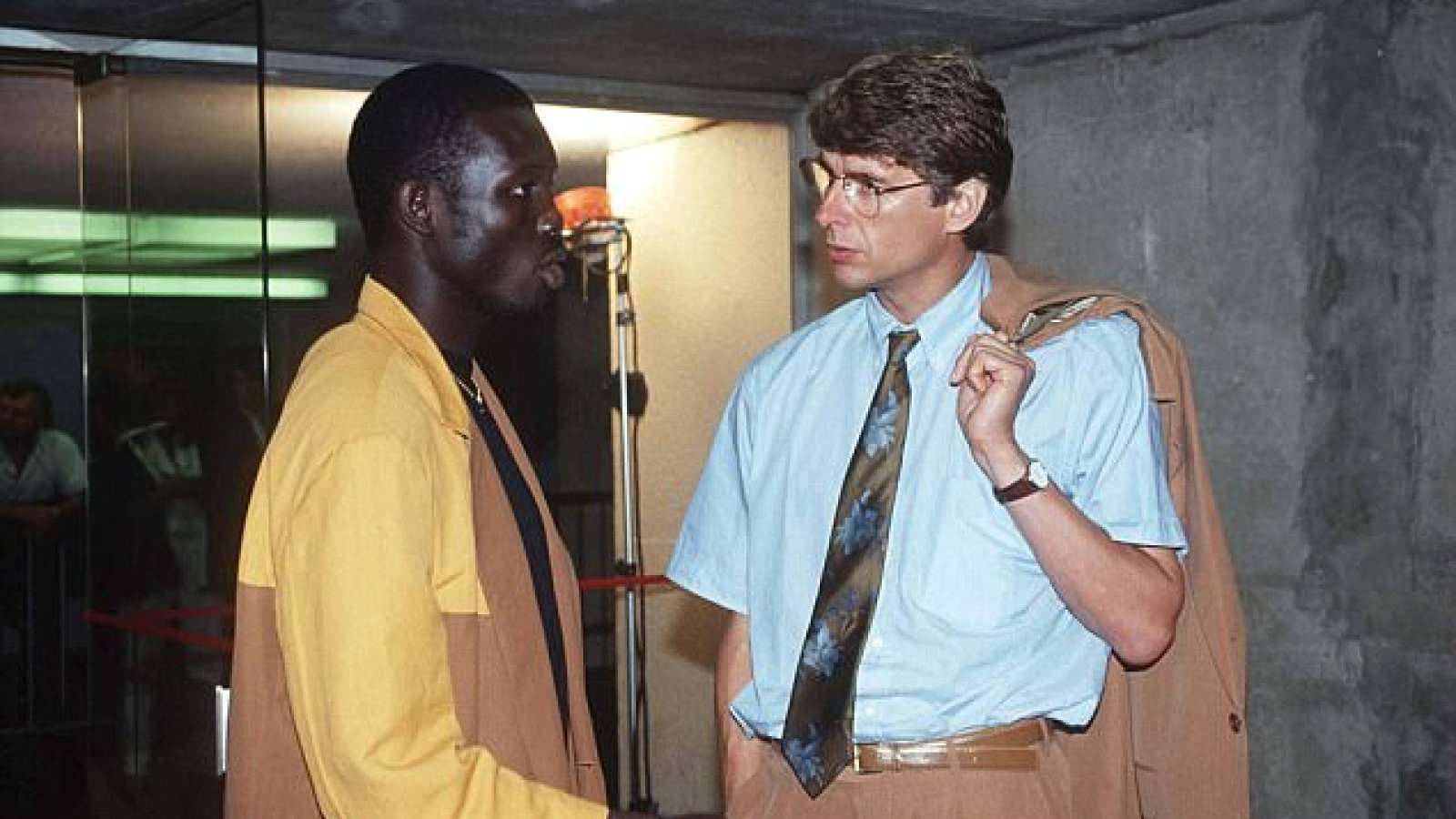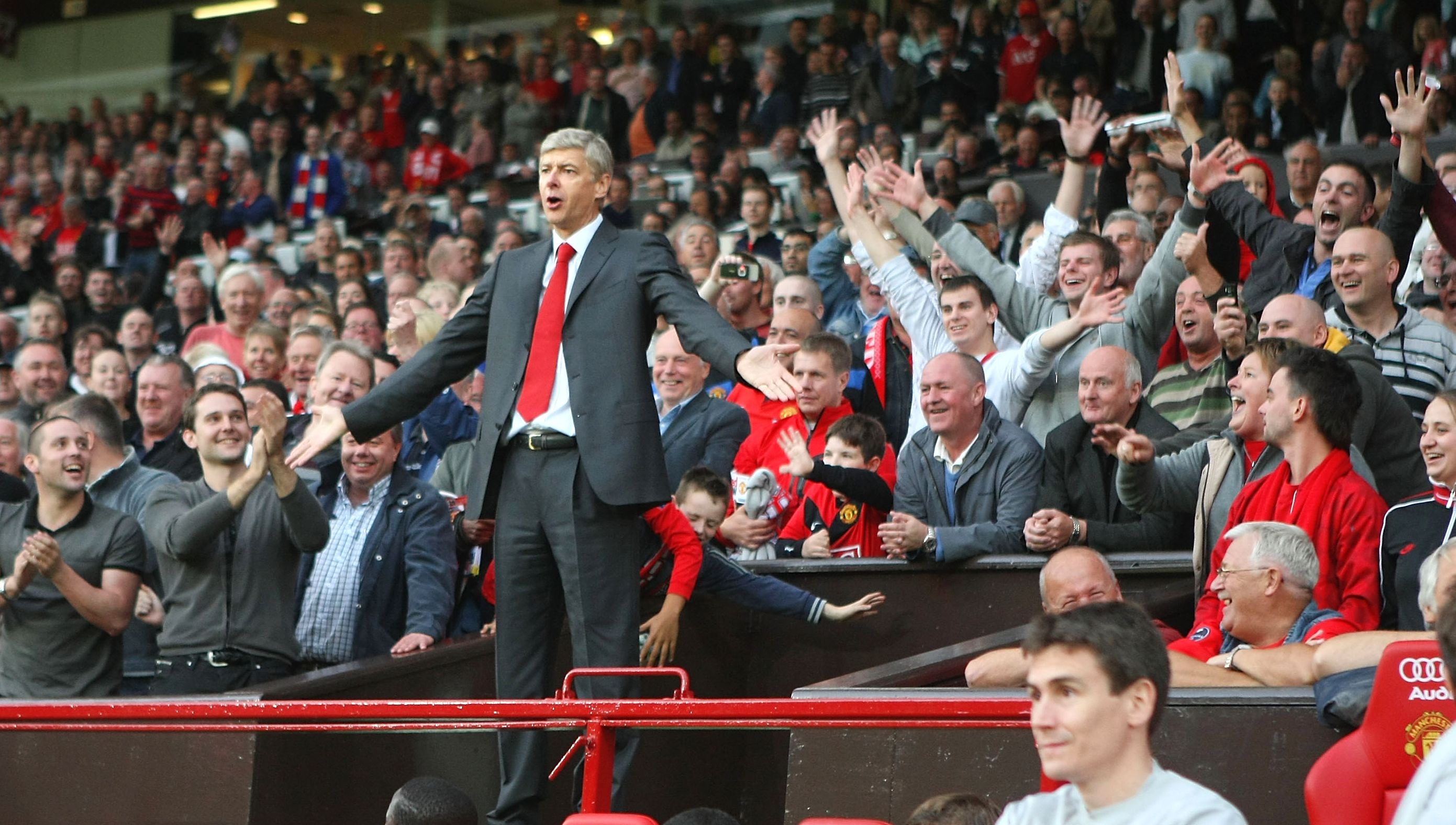Arsene speaks
I don’t miss Arsene Wenger as Arsenal manager, but I do miss his press conferences and the insight he delivered on issues as diverse as racism in football and global warming, so his recent talk at the Olympia is worth taking in in its entirety.
I like Unai Emery and I think he’s doing a decent job at the club. He’s already got us to the points tally we managed in the whole of last season and we’re above Spurs. What’s not to like? But when he talks to the press he is super-bland. A true company man, he knows the line and walks it like a tightrope walker.
Yes, in otherwords, he’s dull.
Arsene Wenger, however, is not.
Thanks to weonanultralightmeme on Reddit, you can now enjoy the full transcript of Wenger’s talk in which he talks about building the stadium, managing egos in the dressing room, going unbeaten, his regrets, leaving Arsenal, his relationship with Thierry Henry, his youth, managing Nancy, going to Japan, squirrels, lions, what makes a player great and much, much more.
And enjoy it you will:
His youth in Alsace
“I come from a small Alsatian village with a life that revolved around religion. The “king” of the village was the priest.
“I was raised in a restaurant that also served as the football team’s club house and that’s all it talked about. But religion didn’t help to win matches. Much later, I replaced my missal with good players and football became my religion. Gambling must be treated as religion. He alone dictates your choices.”
Coach in Nancy at 33
“Some players were older than me. But I’ve never had a problem with authority, I can’t say why. I was vomiting after defeats, I couldn’t live with defeat.
“I figured I wasn’t cut out for this job. But my body got used to it and over time I changed.”
The squirrel’s metaphor
“The animal is survival. So is top-level sport. It’s me or the others. But in a team sport it is also me AND the others. The squirrel shares its body between the head and the top. Football is about managing with your brain and legs. But if someone doesn’t look up often, it will never make him a very good footballer.”
“In a cloakroom, you have 25 predators in front of you. They detect everything and especially your weakness”
Football is synonymous with lion pits
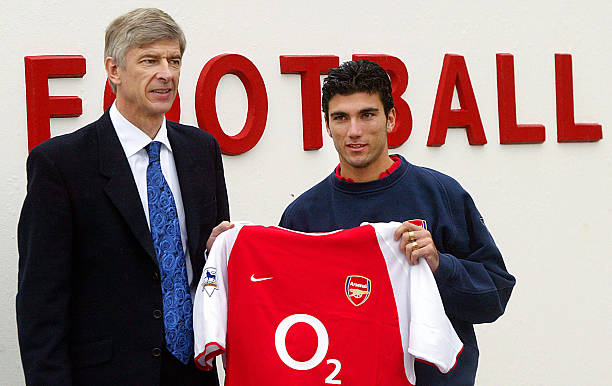
“There are an incredible number of players who don’t win in the dressing room. They don’t make it through the landing. The high-level player, when he starts, must show that he is there.
“It starts with entering the dressing room with a clear message and sometimes simply with an attitude you say something: “Now you have to count on me”. I remember Bojan, who played in Barcelona and was even afraid to drink from the same bottle as Messi. It’s a detail, but he never knew how to live up to his potential.”
His definition of the great player
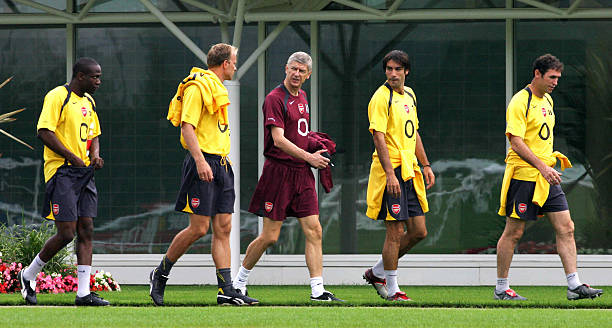
“It is a rather special animal that revolves around three essential precepts. Balloon control, decision making and execution. The grown-ups anticipate and are ahead of the others, they have understood what is going to happen.
“But I think that if the players watched their game even more, they would be even better. All successful guys have a regularity of effort and an objective analysis of their performance. The great player is hard on himself.
The “discoveries” of Weah and Thuram in Monaco
“George came straight from Cameroon and I would never have imagined him at such a level. He became the best player in the world (Golden Ball in 1995) and is now President of Liberia… It’s fabulous.
“He is a boy who had faith, as if guided by a mission. In the field, he was powerful and intelligent and resisted everything. (on Lilian Thuram) I remember he was a midfielder at first… You would have told me that this guy was going to play 144 matches with the French team, I would have smiled of course. But what an exceptional mind.”
His period in Japan (1994-1996)
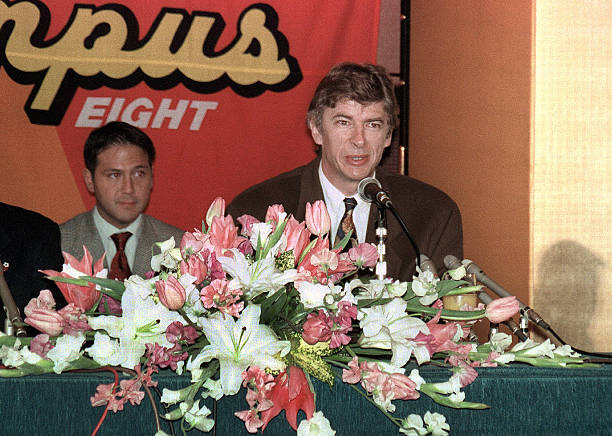
“I wanted to test myself and on a whim I went there in a Nagoya team that didn’t win a match. At 47, it changed me on all levels. In the first ten games, we lose eight and I have an anecdote about that. The president calls me into his office and before I go, I tell my assistant to pack his bags because we were about to be fired.
“The speech seemed clear: “The results do not meet expectations and what I am about to tell you will not please you. But we have to face this situation… We will separate from the translator. I was surprised and I managed to keep him working with us, we saved his head. By the way, he’s in the room tonight (Monday). He became a friend.
“Then, on the experience in Japan, it is perpetual isolation. Your only company is yourself. With the players, something new happened to me in my life. I forbade them to play the ball in training or before the game because they were already dead. They used to get ready to be on level and then they were cooked. They had to be channeled.”
His debut at Arsenal in 1996
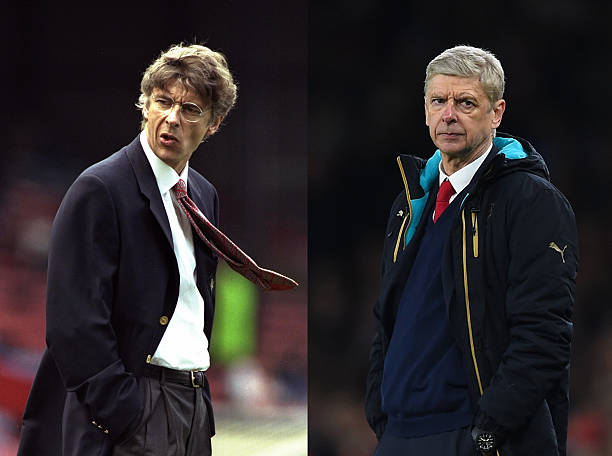
“I understood that football was invented there.
“In England, you do tattoos with the names of the children and your club, but that’s all, you can’t put anything else in. The British are committed to all this. This sense of belonging is intense. After I arrived, I was not rolled out the red carpet (it was nicknamed “Arsène who”).
“I’ve been done everything. I was told we had images of my private life that were not very clear. I told them to take them out… in vain.”
His management of a cloakroom
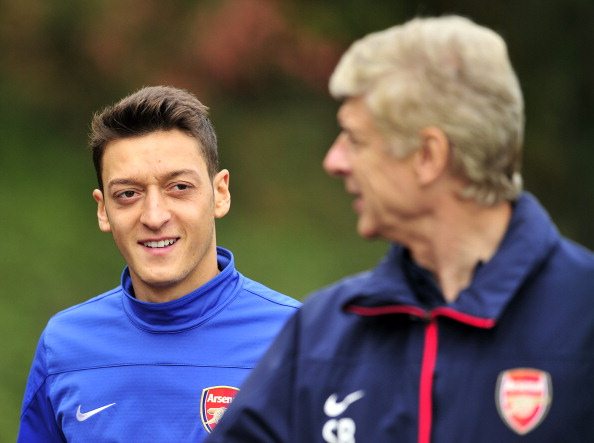
“You have 25 predators in front of you. They detect everything and especially your weakness. The coaching profession can be summed up as follows: selecting 11 players and making 14 unemployed on weekends.
“And it starts every week.
“It’s hard to live with, but it’s also hard to manage. You have to be smart and not lose any influx. Before the matches, I only took care of the players who were going to play, the others were useless.
“But from Monday to Wednesday, I had to focus my attention on the disappointed. How to raise morale? Be firm and honest and also bear the values you embody. We must also show respect, compassion and not let people down.
“There are too many people suffering from depression in football. The player who doesn’t play feels useless, it’s up to the coach to fix it, it was part of my job.”
The 49 games without defeat from 2003 to 2004 with Arsenal
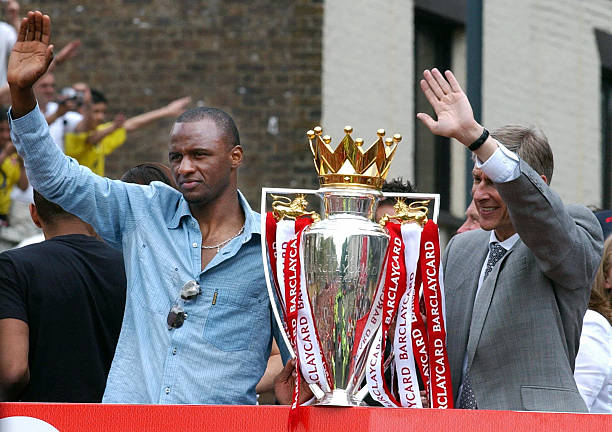
“We lose our invincibility against Manchester United in a game where the referees have their share of responsibility. It was not deserved. Besides, if I die, I’m going to ask God where the referees are before choosing between heaven and hell (laughs).
“I remember the previous season, we finished undefeated away and lost the title with our home run. And then all the players came down on me because I said you could finish a league without a loss.
“During the title season, we were champions with 5 games to go. I remember telling them, “It’s up to you to decide whether you want to remain immortal or not.” And they did it. Winner of the Premier League without a setback.”
His definition of a great coach
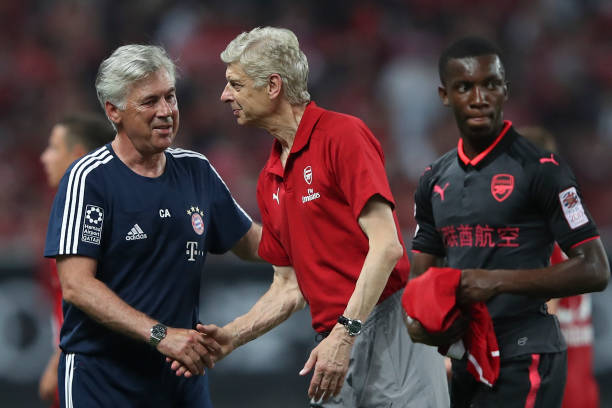
“He is a guide who has a form of trust, clarity and humility. He has faith in man. A good coach should never close the door to humans. It is important and essential to always keep hope.
“Often, men can surprise you pleasantly and that’s where you will reap the rewards of your patience and hard work. In my opinion, a great coach has three major forms of influence: On the club, the results and the performance of the players. At Arsenal, I was able to start a club by defining values.
“We respected the traditions of a workers’ club, but we also innovated and behaved with integrity and class. No one had to accept being mediocre. From the player to the gardener, the whole club… This is the first step, with a common goal.
“A detail? The flowers in the director box are in the colours of the club you receive on match days. More generally, a great coach has an impact on the style of play and outcome of his team. In a big club, you need the desire to win with class, that the fan wakes up with a smile before going to the game.
“It is essential to be emotional brokers, to have a clear identity. A coach is someone who fully identifies with his or her club. He must behave as if he will stay there forever. He must be loyal.
“Every year I took a picture with everyone (gardener, cook) and I posted it with a sentence “everyone counts inside the club”. There must be a sense of unity between employees and players.”
The cost of the Emirates Stadium
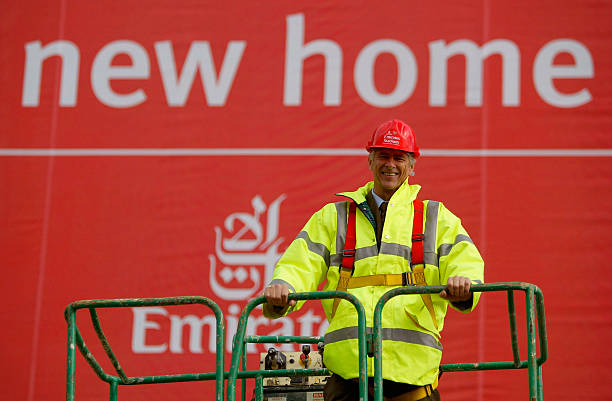
“It cost 430 million pounds (inaugurated in 2006)… We put ourselves in the hands of the banks. After that, we had to sell our players.
“This is probably the most difficult period of my time at Arsenal. I remember the time I spent with the architects to build the stadium… I learned a lot. Today, the club is worth £2 billion and then it was £40/50 million.
“It is also a source of pride, of course. It’s the darkest part of the job, but it’s a huge job. I refused many clubs out of loyalty for the commitment I had made. When we started the construction, the banks asked me to sign a 5-year contract because they wanted me to stay at Arsenal.
“I am the last manager of this profile, today in the world of football it is impossible for one person to manage all the files. The economic stakes are too high.”
The criticisms he makes of himself
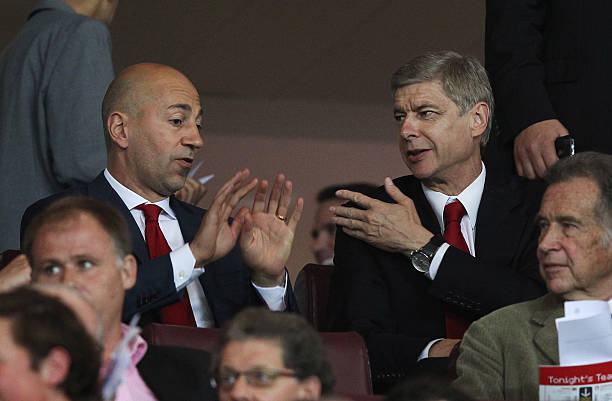
“A good coach is someone who takes care of himself. That is my criticism of myself today. I neglected myself. You need tiger strength to succeed, but gradually you are being used up. I had a lot of appointments every day.
“To give you an idea, the guy who wanted to buy a lawnmower, he came to me. I was in charge of everything. It’s a profession that invades you. When you are with others, with your family you are not quite there. I neglected the people around me. I’ve devoted my life to one thing: winning the next game.”
His regrets at Arsenal
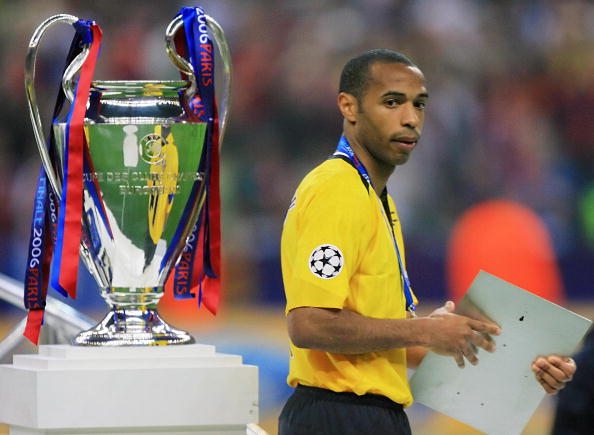
“There are only unfinished lives when you are a coach. When I talk to other top athletes, they only talks to me about things they haven’t won. You only remember what you didn’t do, but rather what you didn’t do or fail.
“Personally, I live quite well with that. I had a life beyond what I could ever dream of having.
“At 19, in Alsace, if you had told me that, I would have told you to go get dressed.”
His farewell to Arsenal
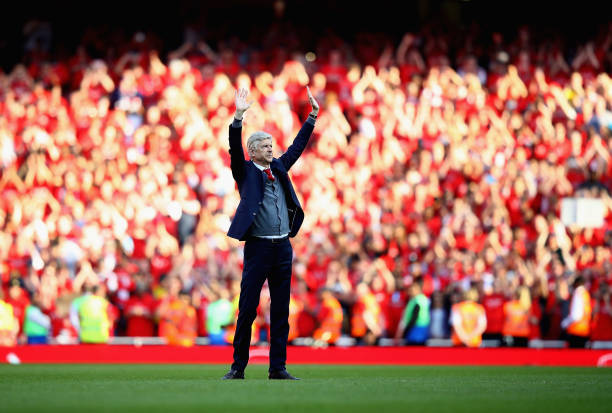
“I felt like I was attending my first-class funeral. Some people have been extraordinary. They showed gratitude. England has that.
“I didn’t cry or flinch because I learned toarmourr myself. If I didn’t master my passion, I couldn’t have survived. I learned to control it.”
How to manage pressure
“To be professional is to perform well under stress. Without trust. When I hear a player explain the bad results by the lack of confidence, I don’t agree. T
“hat’s where you see the great players of the other partners. Imagine, if you have heart surgery, the surgeon comes into the operating room and says, “I’m not in full confidence right now, but I’ll do my best.
“Could you hear this speech? No.”
The management of egos in a dressing room
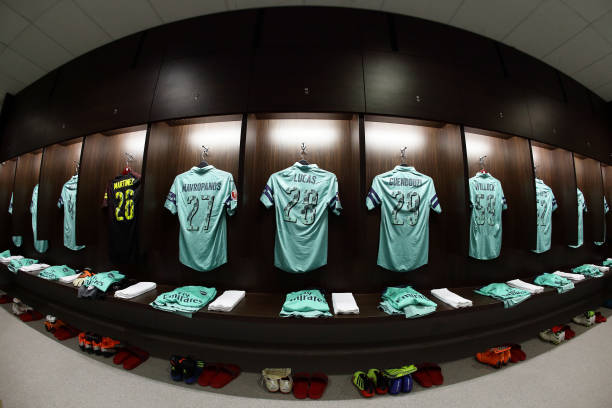
“If the star has performances everyone accepts it. If she’s not up to speed, then the locker room sees her right away. The problem with the star is that she can take up too much space. In and out of the game, you have to find the right balance.
“I remember with Thierry Henry, no one would refuse him a pass at one point because he had taken on an immense status. It could become a handicap.”
His relationship with Henry
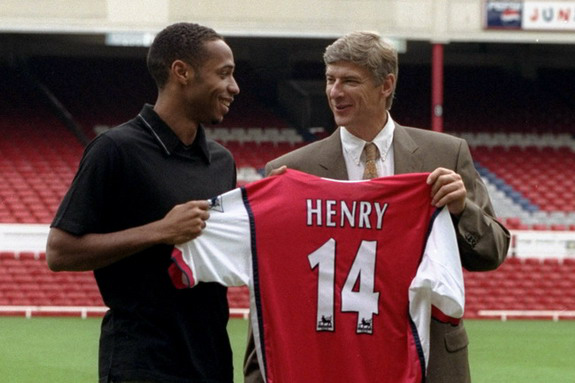
“I never call my former players when things are going well, but then I called him and encouraged him not to give up when things were going wrong with Monaco.
“I tried to call him when he was dismissed from office. Today, he is still in mourning and I suggested to his agent that he organize a meal. We’ll do it.”
The transition to Arsenal with Emery
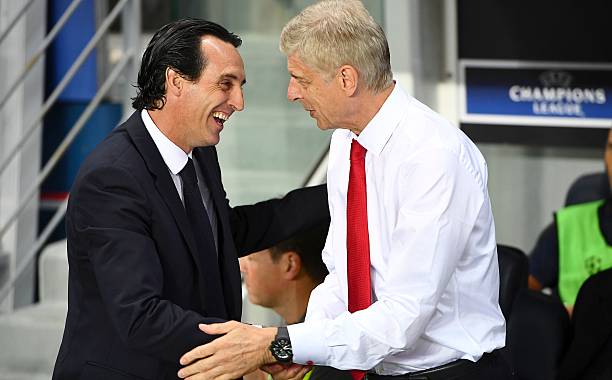
“I’m going to tell the truth, he never called me. I’ll be an Arsenal fan for the rest of my life. I’m a supporter and I want it to be fine. For the moment, it’s fine.”
The rumours that send him to the PSG
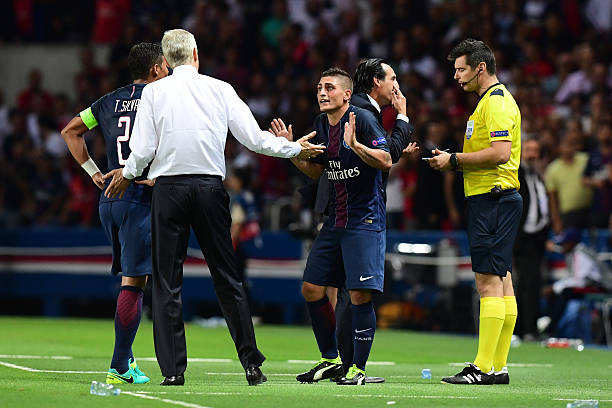
“I’m not a candidate for anything. I am a man who sails according to his intuitions and inspirations.
“PSG has a great team, there is a curse with the Champions League but we must not forget the rest (the titles in France). They will be able to overcome the last obstacle.
“The impatience is real and exacerbated around this club. A national selection? Maybe, but if it happens, it will be before the World Cup (2022 in Qatar). I have to make a decision between a better sharing of my time, I have done 35 years without stopping… I would like to find a compromise by sharing what I know and at the same time have time for myself with the people I have neglected all my life”.
His opinion on Ligue 1

“I think the English league is the most enjoyable in the world. The L1 is very uneven. Sometimes I see great teams and then I don’t recognize them a week later. The PSG could go on vacation today, they’d be champions. For the L1 to become interesting again, you need a challenge for the title, with a battle between several people. But the future TV rights and French training make it possible to dream.”

